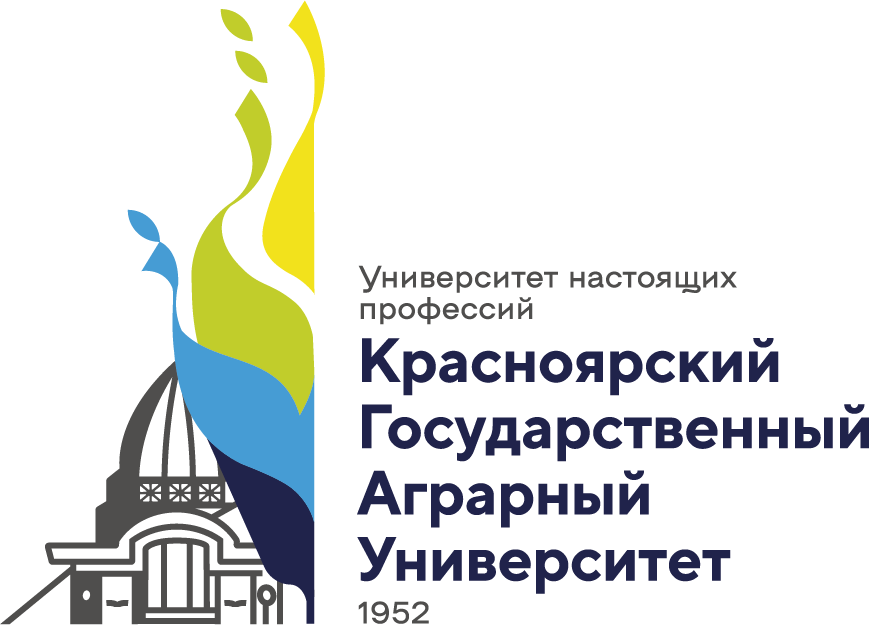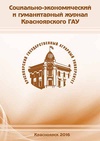One of the main tasks of higher legal education is to train future law-yers in effective functional knowledge of legal language. Innovative technol-ogies allow achieving maximum creative activity, serious success in master-ing the maximum amount of knowledge, obtaining practical skills and abili-ties. Innovative educational technologies are a set of specific means of meth-ods of pedagogical activity, consistently implemented in practice, the main criterion of which is the progress in educational sphere. Legal design is con-sidered to be one of educational methods contributing to the development of cognitive legal skills on the basis of individual and student’s lawmaking. Le-gal design is to develop the skills of the students to adapt quickly to ever-changing social and cultural situation and to participate in its transfor-mation as a specific subject, for example, law enforcement officer, prosecu-tor’s office, court. Student's law-making is a relatively new concept in legal science, characterizing personally focused pedagogical process in which the student is involved in the course of training. Student‘s law-making is consid-ered to be educational process carried out not for any specified model or template and according to individual plan. Making qualitatively new legal products is the result of such activity: article, legal monitoring, legal memo-randum, etc. In the study the explanation of such concept as student's law-making is made. The goals and objectives of the legal design are defined in the study. The requirements are provided in, the order of protection of legal projects is defined and the differences of legal design from other types of in-teractive training are specified.
innovative technologies, interactive training, principles of training, technology of training, student's law-making
1. Verbickiy A.A., Larionova O.G. Metod proektov kak komponent kontekstnogo obucheniya // Shkol'nye tehnologii. - 2006. - № 5. - S. 77-80.
2. Vinevskaya A.V. Pedagogicheskie tehnologii: voprosy teorii i praktiki vnedreniya. - Rostov-n/D: Feniks, 2014. - 256 s.
3. Derevyanko I. Ot proekta k proektu - putem samostoyatel'nogo poiska znaniy // Direktor shkoly. - 2007. - № 5. - S. 69-75.
4. Ivanov D.I. Metod proektno-problemnogo obucheniya // Direktor shkoly. - 2007. - № 6. - S. 97-103.
5. Kashlev S.S. Interaktivnye metody obucheniya. - Minsk: TetraSistems, 2013. - 224 s.








